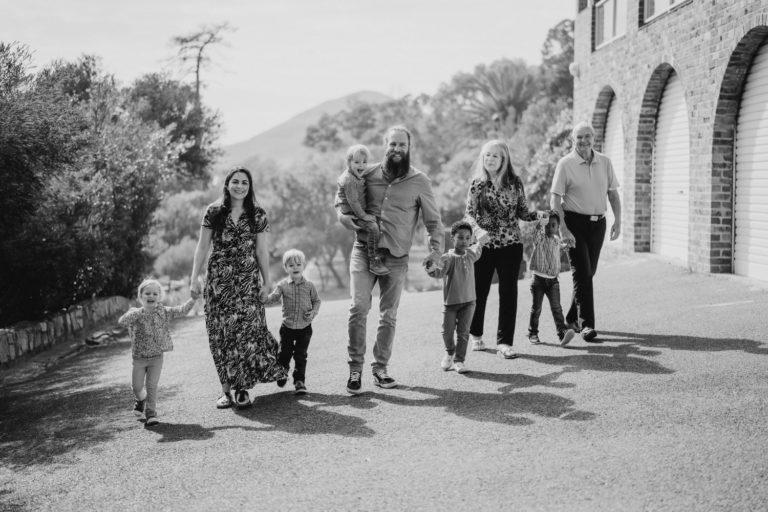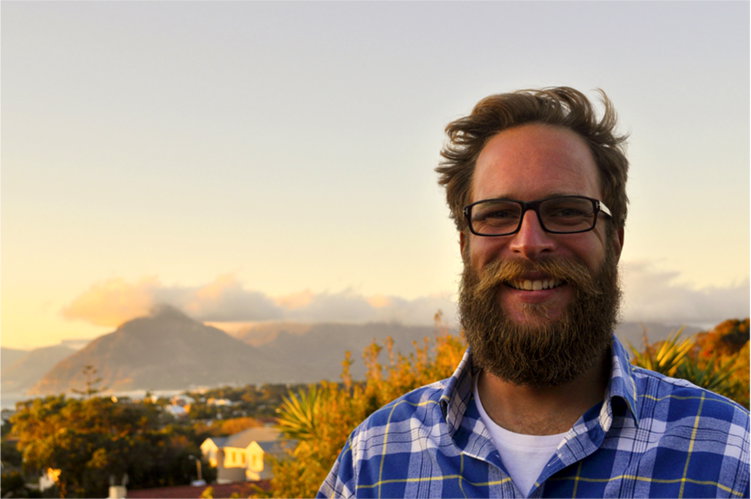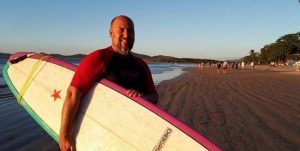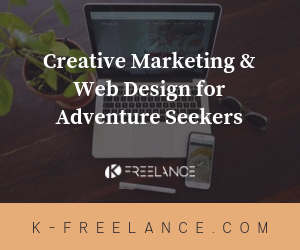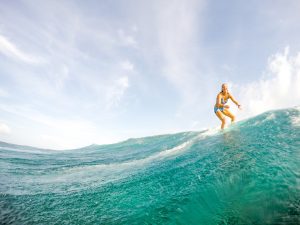
Episode 36: Meet Alexa Hohenberg- Professional Snowboarder, Mountain Guide, Award-Winning Content Creator & Founder of StillStoked
Alexa Hohenberg is all about living free and being one with nature. She is a professional snowboard athlete, mountain guide, explorer and a surfer. She is the founder of Still Stoked, a platform where women get to share their amazing journeys.

